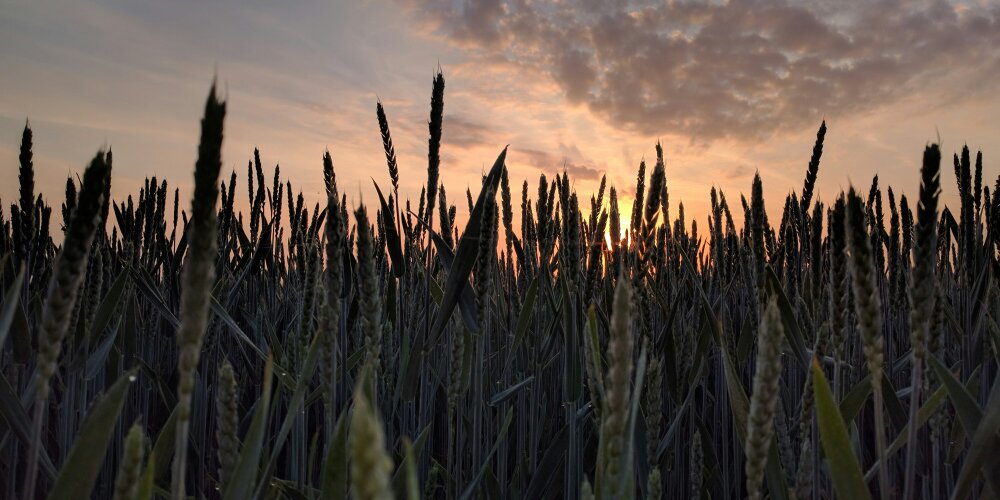Browse our services
Explore how Brookes Bell can help you
Find an expert
Meet our team, find and expert and connect
Contact us
Get in touch, we're here to help

The European Union’s crop monitoring service - MARS (Monitoring Agricultural Services) - has lowered its yield forecasts for much of Europe’s staple crops following a prolonged period of poor weather conditions.
Excessively wet weather in Western Europe combined with a prolonged dry spell in certain southern European countries have combined to reduce the expected output of the continent’s agricultural sector.
According to the latest bulletin issued by MARS, ‘The yield forecast was most strongly reduced for durum wheat; mainly due to downward revisions for France and Italy. The yield forecast for soft wheat was revised most substantially downward for Italy, Romania and The Netherlands’.
The update from MARS also highlighted the problem of pests and disease, with the Benelux countries, Western Germany and north-eastern France particularly facing pressure from these factors. MARS suggests that pests and disease could be more prevalent due to a combination of factors including warm temperatures during much of spring, high-humidity and difficult conditions for spraying.
Despite an overabundance of water in Western Europe, conversely Eastern Europe saw a water deficit negatively affect crops. MARS’ bulletin indicates that the problem is particularly pronounced in parts of Hungary, Romania, Ukraine, and Russia ‘where a lasting water deficit negatively affected the yield expectations for winter crops’.
It’s not uniformly negative news for Europe’s crop producers, however. Compared to 2023, the area sown with rice is expected to increase thanks to higher levels of water in reservoirs available for irrigation. MARS states that ‘The yield forecast for rice is currently based on historical trends and is 7.0% above the 5-year average at the EU level’.
Crop yields may be slightly lower than forecasted, but Europe is still set to export large volumes of grain and other food cargoes over the remainder of 2024.
However, shipping grain and other similar cargoes can be a complex and challenging process.
In the event that things go wrong, costs and liabilities can soon mount up.
Should you find yourself involved in a cargo dispute, Brookes Bell’s cargo scientists can help you find the answers you need to achieve a successful resolution. Our cargo scientists can advise on myriad issues, including (but not limited to); microbiological instability, deterioration, spoilage, heating, contamination, wetting and more.
For more maritime industry insights, news and information, read the Brookes Bell News and Knowledge Hub…
Hold Cleaning: Are Robots and Digitalisation the Future? | Identifying and Attributing Cargo Tank Coating Failures | Argentina’s Grain Exports Could Jump 40%